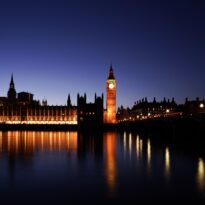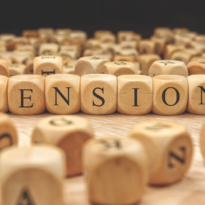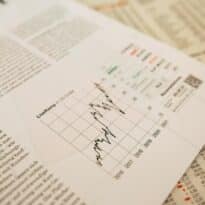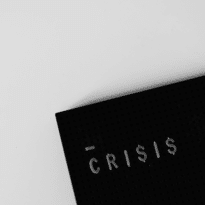The UK economy bounced back from the Covid pandemic at a faster pace than expected in January, fuelled by an increase in hospitality, but industry commentators warn that recovery is likely to be short-lived.
The Office for National Statistics said GDP rose by 0.8% in January, following a 0.2% fall in December when the Omicron-variant and government restrictions impacted growth.
Output for food and beverage activities jumped 6.8%, despite January historically being the quietest month of the year, with bars, pubs and restaurants benefitting from a surge in demand as the Omicron-variant subsided.
The ONS said all sectors grew in January, with construction up by 1.1%, services increasing by 0.8% and production up 0.7%.
Services is now 1.3% above its pre-pandemic level, while construction is 1.4% above.
However, the positive figures mask a true picture, commentators have said, with the combination of spiralling inflation, rising energy prices and the Ukraine invasion altering the landscape.
Danni Hewson, financial analyst at AJ Bell, said: “Of particular note in these latest figures is a third month of significant growth for the construction sector which also reported that supply chain issues that had been such a major headache were finally beginning to ease.
“And that’s where alarm bells really begin to ring. The war in Ukraine has changed the anticipated path of economic recovery, supply issues are returning, and prices are rising. Even before the Russian invasion many businesses were experiencing issues with rising costs, particularly when it came to their energy bills and to their wage bills.
“The labour market is tight, the cost of living is high and getting higher and the pressure to pay more for labour will only increase despite earlier calls from the Bank of England’s governor for restraint. After dusting itself off from its last tussle with Covid the UK economy had seemed to have found a new gear but how far and how fast can the engine run as those inflation temperatures continue to rise.”
Derrick Dunne, CEO of YOU Asset Management, echoed the sentiment: “While today’s data paints an undoubtedly positive picture, the global backdrop now versus two months ago is extraordinarily different. Set the current geopolitical crisis alongside sky-rocketing inflation and energy prices, and we are on course for a period of volatility that could derail this economic progress.
“From an investment perspective, the most sensible course of action is to stay focused on the fact the current situation will pass and avoid making emotional decisions which could impact long-term plans.”
In response to the ongoing Russia-Ukraine war and expectations that oil and gas prices remain elevated over the course of 2022 and 2023, AXA Investment Managers has downgraded its growth forecasts for 2022 from 4% to 3.4% and has warned that this sharp slowdown could leave the UK economy “perilously close to outright contraction” by the end of 2022.
Modupe Adegbembo, G7 economist at AXA Investment Managers, said the focus will be upon how the Bank of England responds.
Adegbembo said: “Despite the positive surprise to growth, the outlook for growth is less buoyant. The Russia-Ukraine conflict has added to near term inflation pressures which are likely to compound an already challenging squeeze to real incomes. For the Bank of England, this exacerbates the inflation and growth trade-off that it faces.
“We change our forecast and now pencil in a 0.25% hike in March and May, compared to May and August previously, but also believe the Monetary Policy Committee will raise rates to 1.25% in June, particularly if the labour market remains tight, as we expect.”
Commenting on potential interest rate hikes, Susannah Streeter, senior investment and markets analyst at Hargreaves Lansdown, said: “The Bank of England’s main task is to maintain stable prices and oversee financial stability and rip-roaring inflation risks undermining that and overall economic health. So steering inflation back to the target of 2% is still set to be its priority and it’s still highly likely a rate rise will be on the cards when policy makers meet next week.
“But given the escalating situation, with fresh sanctions being placed on Russian oil exports and severe disruptions to other commodities, which is set to weigh on businesses and consumers, policymakers are expected to limit the rise to 0.25%, pushing the bank rate to 0.75%.”
[Main image: tom-w-zwdkxQZu0Ko-unsplash]































